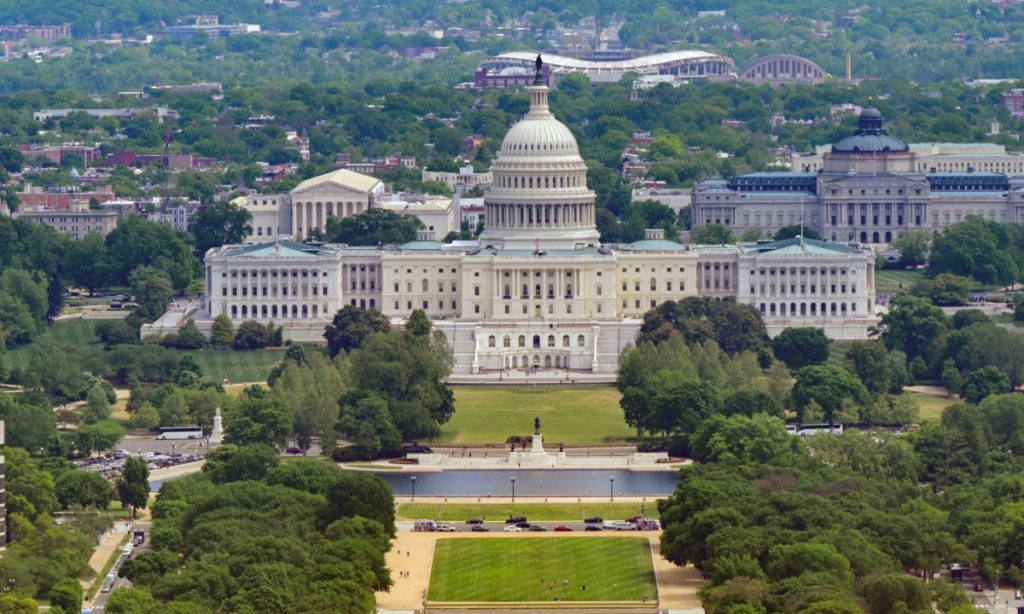Observers of the industry might have thought that crypto regulation in the U.S. was shifting from theoretical discussions to actionable proposals, especially with the passage of the GENIUS Act, which created a sense of momentum.
However, the companion bill known as the CLARITY Act has encountered significant obstacles since its bipartisan approval by the House in July, which recorded a vote of 294-134.
What’s causing this delay? Apart from competition from the Responsible Financial Innovation Act (RFIA), which puts more emphasis on SEC oversight, the primary reason for the holdup is the Commodity Futures Trading Commission (CFTC) still lacking a Senate-confirmed chair. Without this leadership, the implementation of the CLARITY Act is at risk.
Effective execution of the CLARITY Act is vital for fulfilling Donald Trump’s vision of making America the “crypto capital of the world.” Yet, without a confirmed CFTC chairman, the agency is functioning under reduced capacity, jeopardizing its ability to lead during a crucial regulatory transition period.
Brian Quintenz, Trump’s nominee for the CFTC chair, has reportedly faced pushback from influential figures in the crypto sector, which may be obstructing his path to confirmation. Senate committees are now under pressure to pass the CLARITY Act before the year ends, as political dynamics could shift post-elections, complicating the bill’s chances in 2026.
The global nature of the crypto industry makes regulatory coherence essential. Investors and institutions do not limit their operations to the U.S. Regulatory arbitrage is common, with businesses favoring jurisdictions with clearer regulations to structure their products.
This uncertainty in the U.S. particularly disadvantages issuers, leaving one of the most liquid markets in a state of limbo while other regions, such as the European Union, are establishing their own regulatory frameworks for crypto markets.



